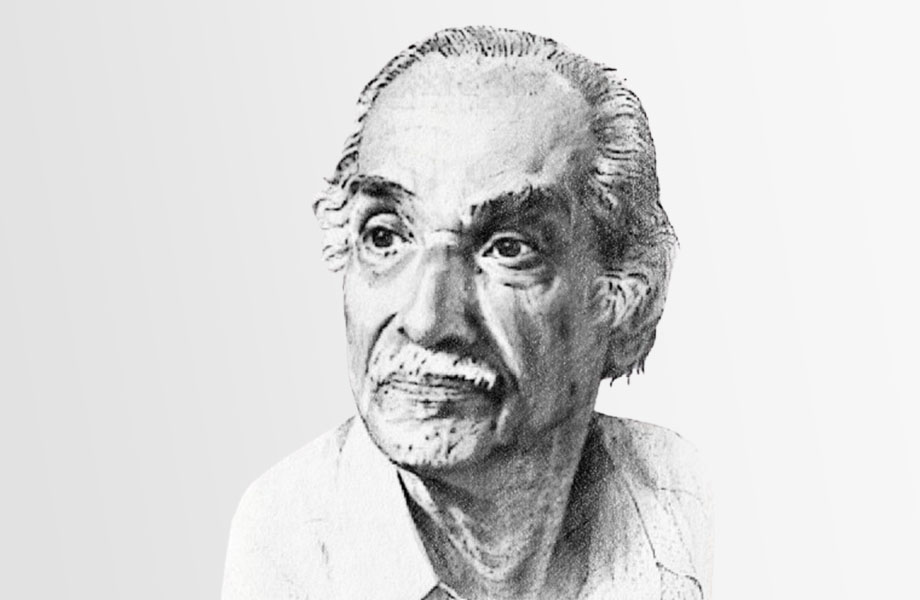Architect Achyut Kanvinde: Pioneering Modernism in Indian Architecture
Achyut Purushottam Kanvinde was an Indian architect. He worked in functionalist approaches with elements of Brutalist architecture. In 1974, he received the Padma Shri award.
He was one of the pioneers in modern architecture in India. He had professional career of five decades. He worked in functionalist approaches with the elements of brutalist architecture. His works contributes to the modern heritage of post-independence India.
Early life and Education
He was born on 9 February 1916 in Achra, a small village in the Konkan region of Maharashtra, India. He was born in a large family. His mother died when he was two years old and his father was an arts teacher in Mumbai.
Kanvinde was influenced by his father, a portrait and landscape painter. So took up art and graduated in architecture from Sir J.J. School of Arts, Mumbai in 1942.
He was then sent to study at Harvard by the Government of India. Where he worked under Walter Gropius. He was influenced by his thinking and teaching.
The European masters of the Bauhaus – Albert Bayer, László Moholy-Nagy, Marcel Breuer, and the Swiss-American architectural historian Siegfried Giedion also had a great impact. Some of his famous batch mates were Paul Rudolph, I. M. Pei and John Perkins.
Career
After returning to India he joined the Council for Scientific and Industrial Research. In 1985, he was the winner of the IIA “Baburao Mhatre Gold Medal”.
Along with his partner Shaukat Rai, he opened the firm named Kanvinde, Rai and Chowdhury in New Delhi (which is currently run by Sanjay Kanvinde, B.K. Tanuja and Murad Chowdhury).
The firm has been responsible for some notable projects like IIT Kanpur, National Science Centre, Delhi, The National Council of Applied Economic Research in New Delhi, NII Pune, numerous dairy buildings under NDDB (such as Dudhsagar Dairy plant in Mehsana) and many other buildings.
Philosophy
Kanvinde played with space and forms. A famous example of his design is the ISKCON Temple at New Delhi. He gave great importance to natural light. The form of the building is such that the problem of ventilation as well as excessive heat is beautifully solved. He championed the cause of vernacular architecture.
He believed that values and historical influences contributed towards good architecture. “As of Kanvinde it is imperative that an architect develop a sensitivity to human nature and a respect for human values.
This, after all, is at the very core of his work. In India the search for a new architectural expression must continue – and this must go beyond the satisfaction of matter of fact functional needs.
As of him the designer’s sensibility must become aware of the accumulated wisdom of generations, but this should go together with the idea of progress reflected in the evolution of technology.
One must acknowledge his/her tremendous debt to Gropius. As per Kanvinde his present concerns and realisations are all reflections of his earlier preoccupations: as a student at the J. J. School in Bombay my thesis was on “Architectural Composition and its Application to Indian Architecture.”
Design concepts
He believed that a grid of columns forming a matrix giving structural and spatial aspect would turn a design more sophisticated and faceted.
Death
He died on 28th December 2002 at the age of 86.
Read more Life Story & Biography of famous architects at Middle Height. Follow us on Facebook Instagram and LinkedIn


